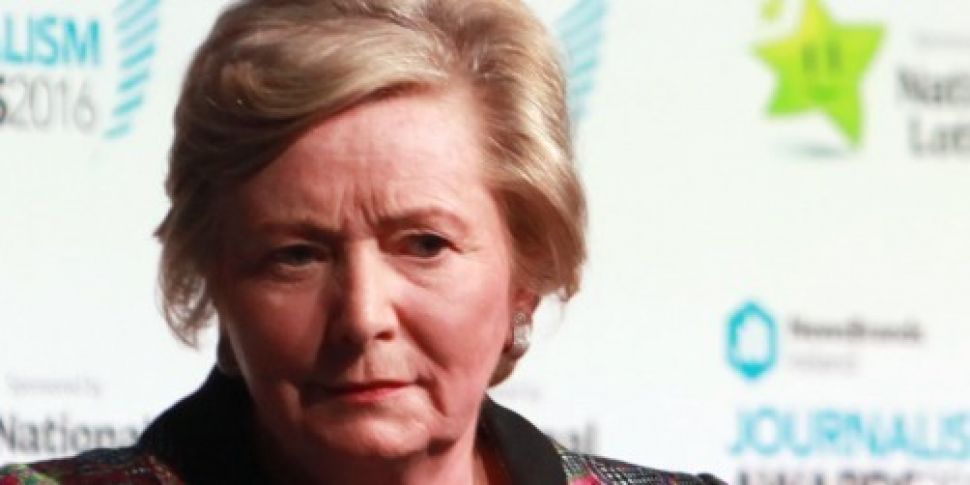The Tánaiste has announced plans to make it a criminal offence to post “revenge porn” online.
The new legislation – currently being drafted at the Department of Justice – will amend or introduce a range of offences linked to online sexual conduct.
The new bill will make it illegal to post sexually explicit images online without consent of the person pictured – while also criminalising “upskirting;” the practice of taking photos or videos up a person's skirt without their knowledge.
Serious and lasting harm
The Tánaiste and Minister for Justice Frances Fitzgerald announced the changes as she opened the Association for Criminal Justice Research and Development's (ACJRD) annual conference this evening.
“I believe it is crucially important that we modernise our laws so that they can deal effectively with phenomena such as so-called revenge pornography and the publication of voyeuristic material without consent,” she told the gathering.
“These acts can cause serious and lasting harm, particularly to young people.”
She said the legislation tackling revenge porn will make it an offence to distribute or publish by any means, “an intimate image of another person without that person’s consent, intentionally or recklessly causing harm to that person.”
Taking and distributing intimate images without consent - where there is no intentional or reckless harm - will also be an offence – although it will carry a less serious penalty.
This second offence will tackle “upskirting” and other new forms of online voyeurism.
Stalking and harassment
The legislation will also make stalking – including cyber stalking – a criminal offence and extend the offence of harassment to ensure it includes online and social media activity.
The new harassment offence will include indirect communication with a victim and the setting up of fake social media accounts.
Report on Harmful Communications and Digital Safety
The changes were recommended by the Law Reform Commission (LRC) report on Harmful Communications and Digital Safety – which was released last September.
Should the department accept the report’s recommendations on penalties, the new offences could carry fines of up to €5,000 and up to 12 months imprisonment on summary conviction.
The report recommended an unlimited fine and a sentence of up to seven years in more serious cases.
It also proposed to hand courts the power to issue restraining orders against suspects – regardless of whether there has been a criminal prosecution.
Minister Fitzgerald said the new offences were just some of the legislative initiatives that are currently underway alongside the government’s plan to develop Ireland’s cyber response capacity.
She is due to publish the final bill shortly.









